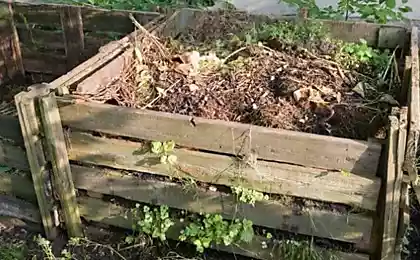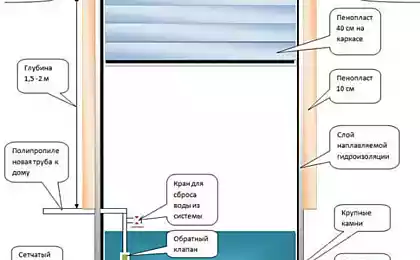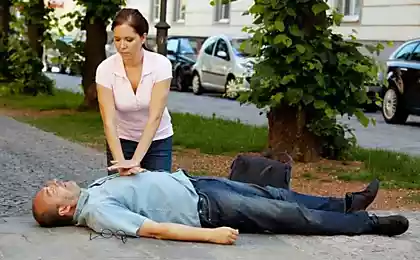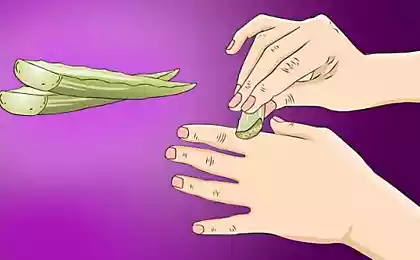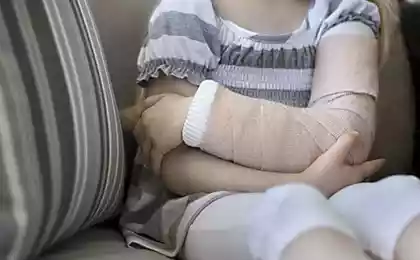156
How to provide first aid to four-legged pets in the country
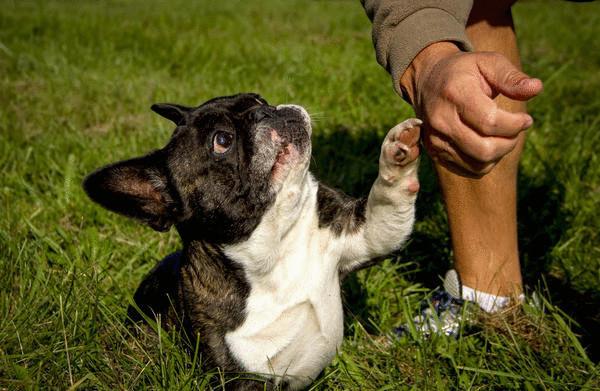
Pets and dacha are almost inseparable concepts. In almost every area, barking is heard, and the owners purring gait around the houses. Of course, sharing all the charms of the summer season with four-legged friends is great, but at the same time, and very responsible.
Do you have a first aid kit? Of course, where in the country without her! Have you prepared a suitcase for your favorite? Do you know how to provide first aid in any case? What dangers can lie in wait for pets in nature? That's what I want to talk about today.
Wounds of the paws are very frequent in the summer season. In such cases, you will need antiseptics and healing agents. If the wound is deep or lacerated, treat immediately with an antiseptic, cover with a bandage or bandage - and rather into the city, to a professional veterinarian.
Exacerbations of chronic conditions In the country, exacerbations of chronic conditions often occur. For example, cases of conjunctivitis are not uncommon, especially in dogs genetically predisposed to eye diseases.
Drops for the eyes of your pet should be picked up by your veterinarian, your task is to buy medicine and put it in the first aid kit. The same goes for ear drops.
One of the main dangers for cats and dogs is bees. Even people have severe allergic reactions, what about quadrupeds? Especially considering that no one can deliberately try to chew a poisonous insect, but dogs and cats are very successful in this business.
In this case, laryngeal edema is possible, which can lead to the most terrible consequences. A quick reaction and proper injection will help. Check with the veterinarian the drug that will suit your animal, and its dosage. Don't forget to put a syringe in the first aid kit.
To dangerous animals include snakes. Was a dog or a cat bitten by a snake? Veterinarians recommend pulling the bitten paw with a tourniquet, and then squeeze out a little blood from the wound. But remember an important detail: with a viper bite, this can not be done! In place of the bite, put a bubble with ice (it is better to store some ice in the country in case of injuries to both quadrupeds and their owners).
This is just first aid! Next, you should immediately go to the nearest veterinary clinic, since in this case only a special serum will help.
Heat stroke is a disaster that can happen not only to a person. Often animals suffer from it, and we are to blame for this - did not follow. During the active sun, the dog or cat should be left in the house or tied in the shade.
But if the misfortune does happen, the first thing to do is to place the animal in a cool shaded place. Then gradually cool down, bringing down the temperature. You can water the “patient” from a hose or shower with room temperature water. Just remember: sharp cooling is dangerous, so do not use ice water (from a well, for example)! When the condition improves, I recommend taking the animal to the veterinarian, as often reducing body temperature is not enough.
In summer we rejoice in the greenery and bright colors of flowers. But all this can be dangerous for our pets. Dogs are most often poisonous plants. If you notice that the dog has become sluggish, breathing heavily, it is nauseous, quickly go to the veterinarian. Act even if you have not seen that the animal ate something “unlawful” – possibly severe poisoning, and you may not find the pet “at the scene of the crime”. If you are sure that a four-legged friend ate poisonous grass, you need to induce vomiting to remove the poison from the stomach.
If you do not know whether the pet has been poisoned for a long time, or failed to cause vomiting, you need to wash the intestines. An enema to help you. The moment is unpleasant, but it can save the pet.
Important point: if a dog or cat is poisoned by fertilizers or other chemical poison, it is forbidden to cause vomiting. What do I do? Introduce "Gamavit" subcutaneously or intramuscularly (5 ml per kilogram of weight). After that, go to the veterinarian, take tests. Most likely, the pet will be left in the clinic for observation.
Tick bites are a serious danger to both humans and animals. But the diseases that can lead to a bad outcome are different for us and quadrupeds. The most dangerous for domestic (and not only) animals is pyroplasmosis. Symptoms: fever, lethargy, lack of appetite. They do not appear immediately, but only 6-15 days after the bite, so the owners have to wait and watch. There's no other way.
By the way, to remove the tick, you do not need to go to the clinic. You can do it yourself. Tweezers need to capture the tick as close as possible to the head, then carefully rotating movements to get the insect. You can remove it by dripping with vegetable oil or alcohol. In this case, in a few minutes, the tick will uncouple itself from the skin.
So, in the first aid kit for four-leggeds should be:
- Bandages: bandage, gauze tampon, elastic bandage.
- Antiseptics: chlorhexidine, hydrogen peroxide;
- Ranoplanting agents: Levomekol, Actovegin, Alumizol;
- Wet wipes for intimate hygiene, for ears and eyes;
- Drops for ears and eyes;
- Antihistamines;
- Syringes;
- "Gamavit";
- Tweezers
P.S. And remember, just changing our consumption – together we change the world!
Source: www.7dach.ru
Primula serrulated: cultivation, characteristics of the species and care.
5 mistakes in dealing with people

